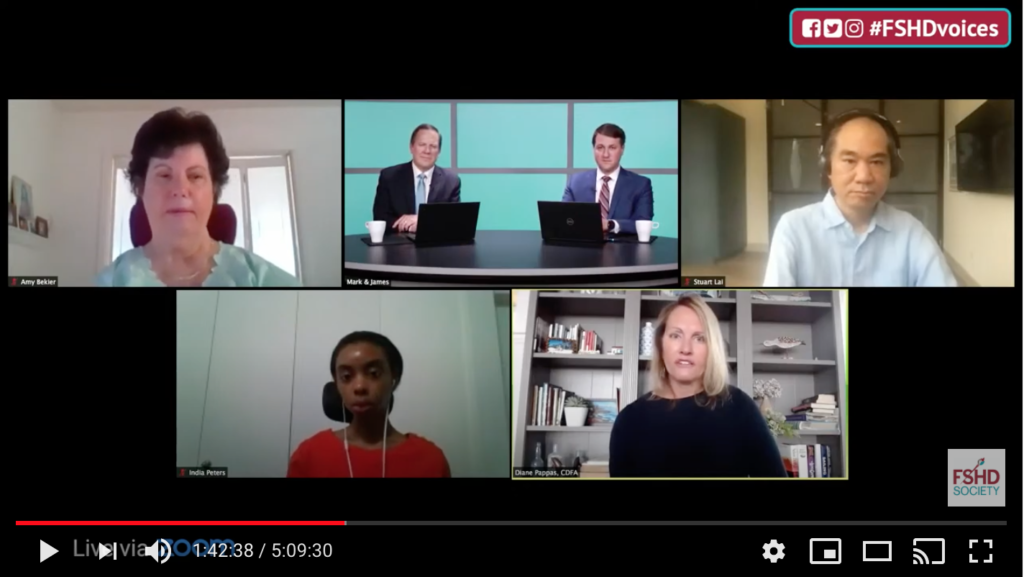Tools to start the conversation

Often, people who have received a diagnosis find it difficult to talk to others about it. This is even more the case with a rare condition that few have heard of. You may feel alone, but please know that many others have traveled a similar road. They have not merely survived, they have flourished.
You and your loved ones may have questions about how this diagnosis will affect your lives. Here are some guides that may help you process your thoughts and figure out how to navigate your new reality:
- You are not alone: A guide for the newly diagnosed. Dozens of individuals of all ages speak frankly about the thoughts they have struggled with when confronting their possible future. They don’t sugarcoat their fears, but many, somewhat unexpectedly, find positive benefits from their diagnosis.
- Managing FSHD: One patient’s perspective. By an FSHD Society board member who has thought deeply about strategies for successfully navigating life with FSHD.
- FSHD and Social Support. Your symptoms may not be obvious to those around you. This booklet, written by a social scientist who has FSHD, helps family and friends understand what FSHD is like and recommends various ways in which they can support you.
Can I meet others with FSHD?
We are the FSHD Society, a sprawling community of individuals with FSHD, their families, friends, and advocates. We include researchers and medical practitioners who have dedicated themselves to understanding and treating the condition. We are all about connecting people because we are stronger working together.
You are not alone. Our chapters are here for you.
Do you need someone to talk to? We’re here for you. Contact us!
A lot, as it turns out. Visit this page to learn about research on treatments and your essential role in moving things forward faster.
Keep this page handy. It’s your “FSHD 101” with resources at your fingertips on symptoms, genetic testing, self-care and health care.
There’s comfort and power in numbers. Individuals and families in your local area can be an invaluable resource. We’ll connect you.

